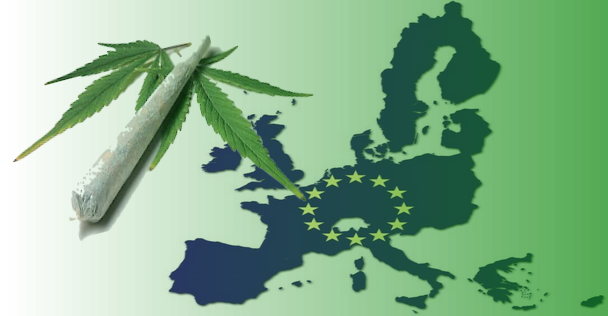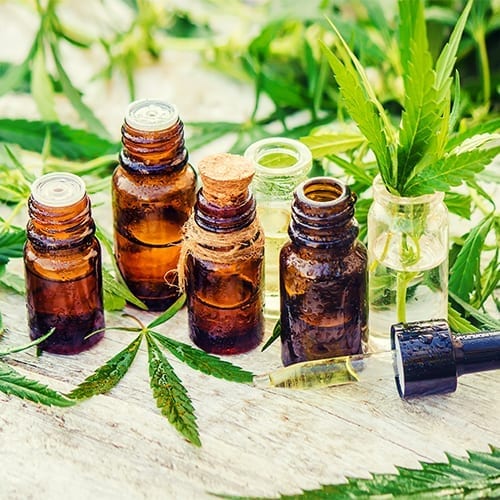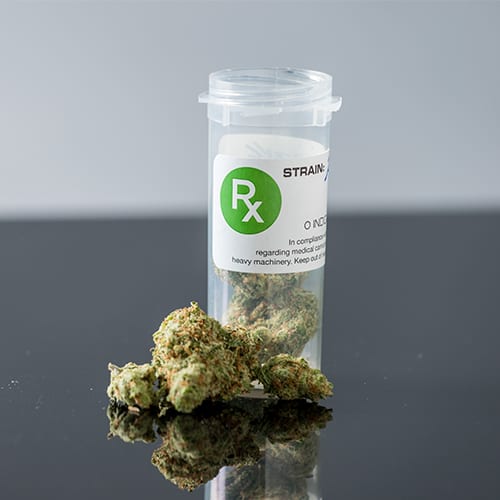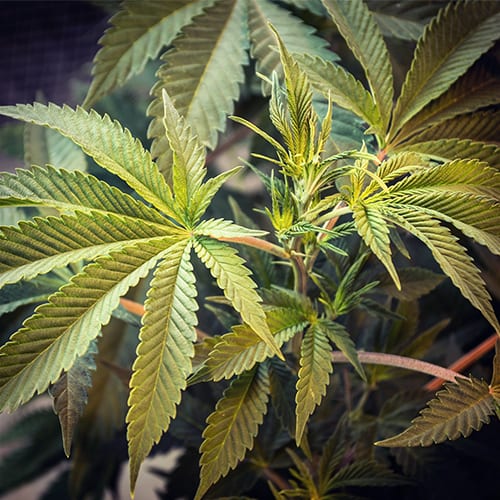
While weed aficionados know about Amsterdam’s iconic coffee shops, cannabis laws are changing across the continent. In this article, I’ll focus on European countries pushing for marijuana reform.
Legalization or Decriminalization?
While legal systems vary from country to country, it’s useful to know the general differences between legalization and decriminalization.
Legalization means that people can use and grow marijuana without it being considered an ‘unlawful’ activity. Because it then falls under the purview of the law, it can also be regulated. So, like tobacco and alcohol, governments can tax it, control who may grow marijuana and in what quantities, and limit its consumption in public spaces.
With decriminalization, however, using cannabis is still considered illegal, but not a criminal offence. Instead of jail time, people found in possession of marijuana may face fines, community service, or civil charges instead. Decriminalization also means that governments can’t regulate the production, distribution, or sale of marijuana. While it’s usually a first step towards legalization, and can free up government and judicial resources, decriminalization can also be a legal ‘grey area’ that is open to interpretation by citizens, law-enforcement, and criminals.
Spain
In Spain, for example, marijuana’s legal status is complicated. It’s a criminal offense to sell or transport cannabis, but only a misdemeanor to purchase, possess, or smoke it in a public space. Growing and consuming your own stash for private use, however, is legal…mostly.
This ambiguity has led to the emergence of roughly 400 ‘cannabis clubs’ across Spain, particularly in Barcelona. Members combine their resources, sharing home-grown marijuana in private spaces. While these clubs are non-commercial, they require members to register and pay fees, and they can even tailor membership to certain demographics – for example, gay-friendly, geriatric, or medicinal-only clubs. First-time smokers are not admitted to clubs, ensuring that they can’t be held liable for “spreading addiction”.
Nonetheless, the government has cracked down on cannabis clubs in recent years. Barcelona’s mayor promised to institute zoning restrictions against clubs operating within 150 meters (0.09 miles) of schools, gyms, hospitals or libraries – effectively shutting down 80% of these clubs.
Still, marijuana activists are fighting for formal legalization, arguing that cannabis clubs mitigate the need for users to turn to the black market.
Italy
Italy is in a similarly ambiguous position. Medicinal and industrial marijuana are legal, but strictly regulated. The cultivation and sale of cannabis are illegal, but possession has been decriminalized – with offenders facing a fine, or suspension of their passport or driver’s license. In 2015, cannabis advocates proposed wide-scale decriminalization, with legalization of private use and cultivation, as well as supporting a club system similar to Spain’s. Finally, in January of this year, lawmakers included marijuana in a larger campaign to decriminalize a number of activities draining government resources. Growers can acquire licenses for medical or research purposes, and are now liable to fines instead of jail time for contravening regulations (the amount of marijuana grown, for instance). Unfortunately, unlicensed growing and consumption are still illegal, but many see this as a step towards the proposed legislative changes.
Czech Republic
The Czech Republic has an equally complex history of drug law. Established in 1993, the young country deemed drug possession for personal use legal, but ‘intent to sell’ illegal. From the late 90s, possession of ‘large amounts’ became criminalized; however, there was some judicial back-and-forth over what constituted a ‘large amount’ of drugs. Keep in mind that we’re also talking about ecstasy, cocaine, and other narcotics here.
Around 2010, the debate was finally settled: citizens could carry up to 15 grams of marijuana (half an ounce), or own up to 5 plants, with no criminal charges. These laws also differentiated between marijuana and other narcotics, with lower penalties for those contravening cannabis restrictions. The intention was to allow law enforcement to focus on large-scale suppliers and dealers.
In 2013, medical marijuana became legal and regulated, allowing users up to 30 grams (about an ounce) of marijuana per month. However, medical prescriptions can only be issued by specific doctors for specific ailments, and it’s still incredibly difficult and expensive for patients to obtain medical marijuana.
Nonetheless, the Czech Republic is considered one of the most liberal European countries when it comes to drug laws, and also boasts the title “New Amsterdam”, with a growing but informal marijuana-tourism economy.
Portugal
Portugal is probably the most progressive country, both in Europe and globally, in terms of drug legislation. In 2001, they decriminalized the use of all drugs, mandating treatment for habitual drug offenders instead of jail time.
So, while recreational marijuana use is still illegal, and medical use doesn’t even have a specific policy, citizens can own up to 25 grams of weed (0.8 ounces), 5 grams of hash (0.2 ounces), or 2.5 grams of cannabis oil (0.08 ounces).
Things are changing, albeit slowly. With so many countries debating the merits of decriminalization and legalization, we’re almost certain to see other nations follow suit.
Source – MassRoots





